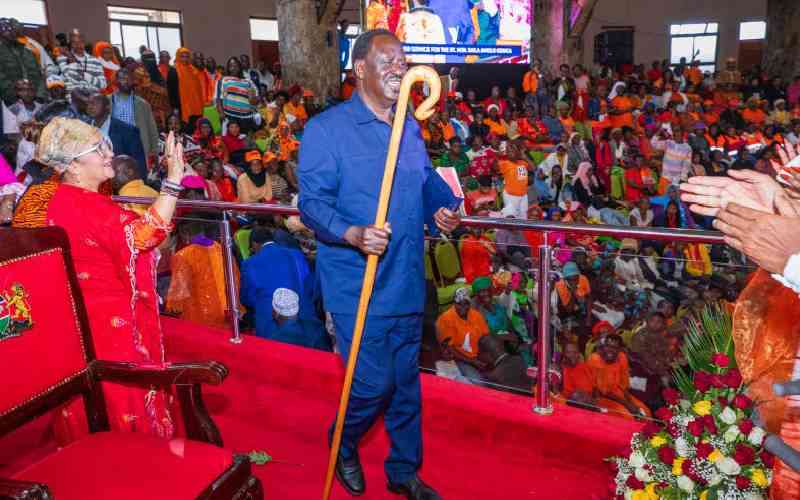OPINION | Sona not just a list of goals - but a litany of achievements
In seeking to reconcile past promises and present realities, President Cyril Ramaphosa conveyed a powerful narrative of national pride and assurance that SA “will speak with one voice in defence of our national interest, our sovereignty and our constitutional democracy”.
By and large, the state of the nation address (Sona) was delivered when SA found itself at a pivotal moment in our history.
Over the past few years, the country’s foreign policy, particularly concerning the Israeli-Palestinian conflict and its role in promoting regional integration, peacebuilding efforts and development initiatives in Africa, illustrates a complex balancing act that has garnered recognition and criticism on the global stage.
And in what seemed like a compassionate response to US president Donald Trump’s threats to punish SA over what he called a human rights violation against a white minority group, Ramaphosa announced that “we will not be bullied”.
This was followed by a clarion call to South Africans to forge a common purpose in advancing the country’s interests.
This calculated response went beyond only setting the tone for the 90-minute Sona of the seventh administration but also asserted that Africa is not just a spectator in world politics but an active participant, with unique interests and perspective.
The address eventually drifted homeward, with focus on economic growth, including the rollout of a digital ID system and commitments to the National Health Insurance scheme, a basic income grant, a R100bn BEE fund and plans for sustainable local government and energy and water infrastructure.
On paper, these lofty promises and priorities have the potential to deal with the most pressing challenges of the country.
Lest we forget, today’s intensively globalised age has not dramatically altered the egotistic reasons for candidates’ drive for public office. Thus, whether celebrated or deplored, an essential aspect of international politics is that powerful bullies will continue to be in charge of global superpowers.
This grim reality also applies to SA, where our bullies in government, municipalities, state-owned enterprises, trade unions, tertiary institutions and civil society organisations have been causing immeasurable harm to efforts to expand and support development.
This year's Sona was not merely a list of goals but a litany of achievements of the progressive-liberal approach and expanded social and economic reforms that began in 1994. This reform period was necessary, relevant and opportune for SA in potentially addressing the huge socioeconomic challenges of the past political era.
Today, as Ramaphosa announced, social assistance programmes established since 1994 are extensive and reach more than 28-million unemployed and vulnerable people. In contrast, more than 10.5-million pupils attend no-fee schools and more than 900,000 students from poor and working-class backgrounds received funding to study at institutions of higher learning.
Other achievements of the government reforms were the delivery of housing and the provision of free health care for those in need.
The address also acknowledged the moments where the collective spirit of South Africans has shone through, fostering a sense of national pride and solidarity. It showcases a picture of a resilient nation facing foreign influence and threats, including that of the US.
However, while this narrative is vibrant, illuminating a history rich with tales of unity and resistance, it is crucial to recognise the ongoing struggles of citizens.
So, what is the reason for these struggles? A well-known and often-cited diagnosis of the reason does not point to a lack of funding but public resources used by elite bullies to enrich themselves and perpetuate their power at the expense of the vast majority of citizens.
Of course, the challenges South Africans face should not fall entirely on political leaders. And I believe it is for this reason that the president made a clarion call for citizens “to come together in the national dialogue to define a vision for our country for the next 30 years”.
Critics may argue that I am being an alarmist. Of course, national dialogues can pave the way for a more cohesive, resilient and democratic society. SA is a shining example of what nations can achieve through dialogue.








